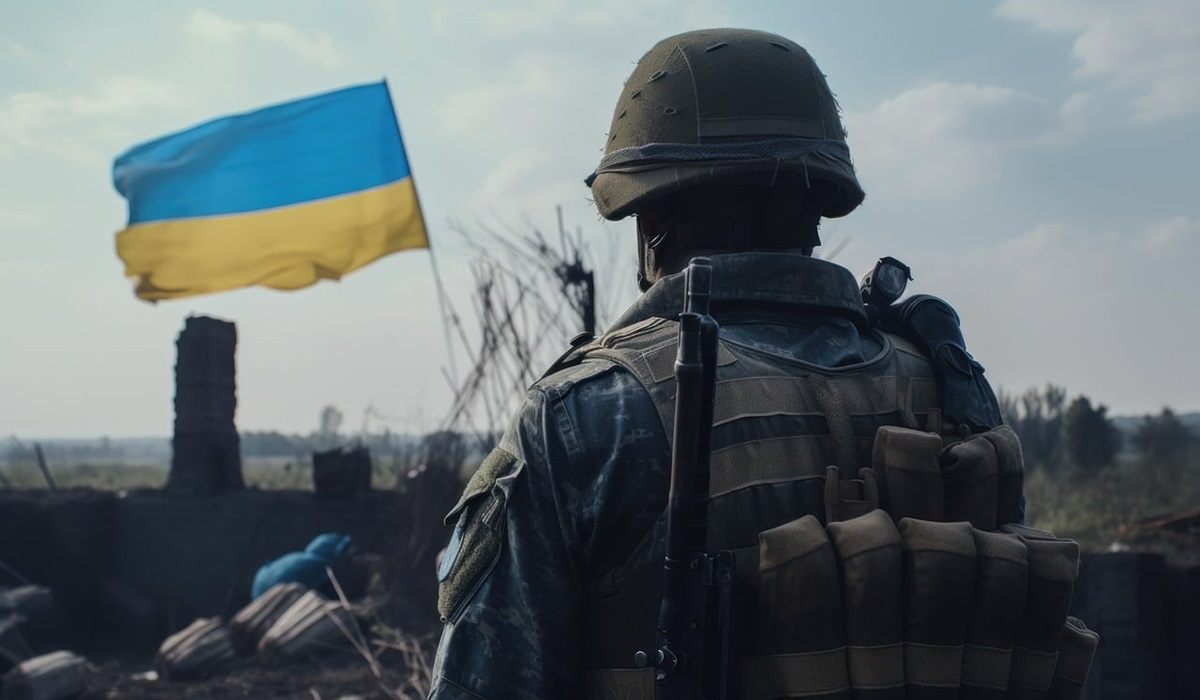Norwegian Scientists Pioneer Technology to Investigate War Crimes Against Ukraine
- Ingrid Jones
- D.O.C Supplements - Trending News
- Europe
- March 13, 2025

Image Credit, Luaks Johnns
Norwegian researchers are developing groundbreaking technology to analyze war crimes in Ukraine, focusing on how Russian troops target civilian areas. The project, named “Recording Explosive Munitions for the Analysis of War Crimes” (REMWAR), is a collaboration between the Peace Research Institute Oslo (PRIO) and NORSAR, an organization specializing in seismic and acoustic detection. By leveraging cutting-edge remote sensing technology and conflict event data analysis, the initiative seeks to provide hard evidence of illegal attacks on civilian targets—a crucial step toward accountability.
According to PRIO Director Henrik Urdal, the project brings together experts who can contribute to a more precise understanding of modern warfare. “By combining PRIO experts on conflict event data analysis with the forces of NORSAR experts in remote sensing, we will have a team of scientific excellence that can have a meaningful impact. Together, we will work to make peace more stable and war less inhumane,” Urdal stated.
NORSAR has a long history of monitoring nuclear tests, but now its seismic and acoustic sensors are being repurposed to detect combat-related explosions in Ukraine. This technological shift was demonstrated in 2023, when NORSAR proved that its sensor systems—originally designed to detect violations of the Comprehensive Nuclear Test Ban Treaty—could successfully identify conventional explosions in a war zone. CEO Anne Strømmen Lycke emphasized the significance of this shift: “NORSAR has long-term experience in the global monitoring of nuclear tests. Now, we can use our technology for yet another important cause, researching war crimes in the biggest armed conflict in Europe since World War II.”
The Norwegian Research Council has committed NOK 12 million (approximately USD 1 million) to support the project over three years. Initial findings from the research are expected to be published in early 2025, marking a significant step in scientific war crime investigation.
The project aims to solve three critical problems: first, understanding when and where intentional attacks on civilians are most likely, which could help prevent future atrocities. Second, identifying biases in traditional conflict data and improving the accuracy of NORSAR’s event detection systems. Finally, advancing technology for future ceasefire monitoring, tracking unexploded munitions, and identifying strikes on protected infrastructure.
Unveiled at a seminar at the Nobel Peace Center in Oslo, this initiative represents a major leap forward in conflict analysis. The ability to systematically record explosive events with scientific precision could not only strengthen accountability efforts for war crimes in Ukraine but also set a precedent for future conflict monitoring worldwide.








